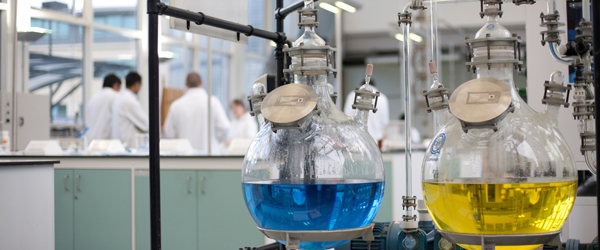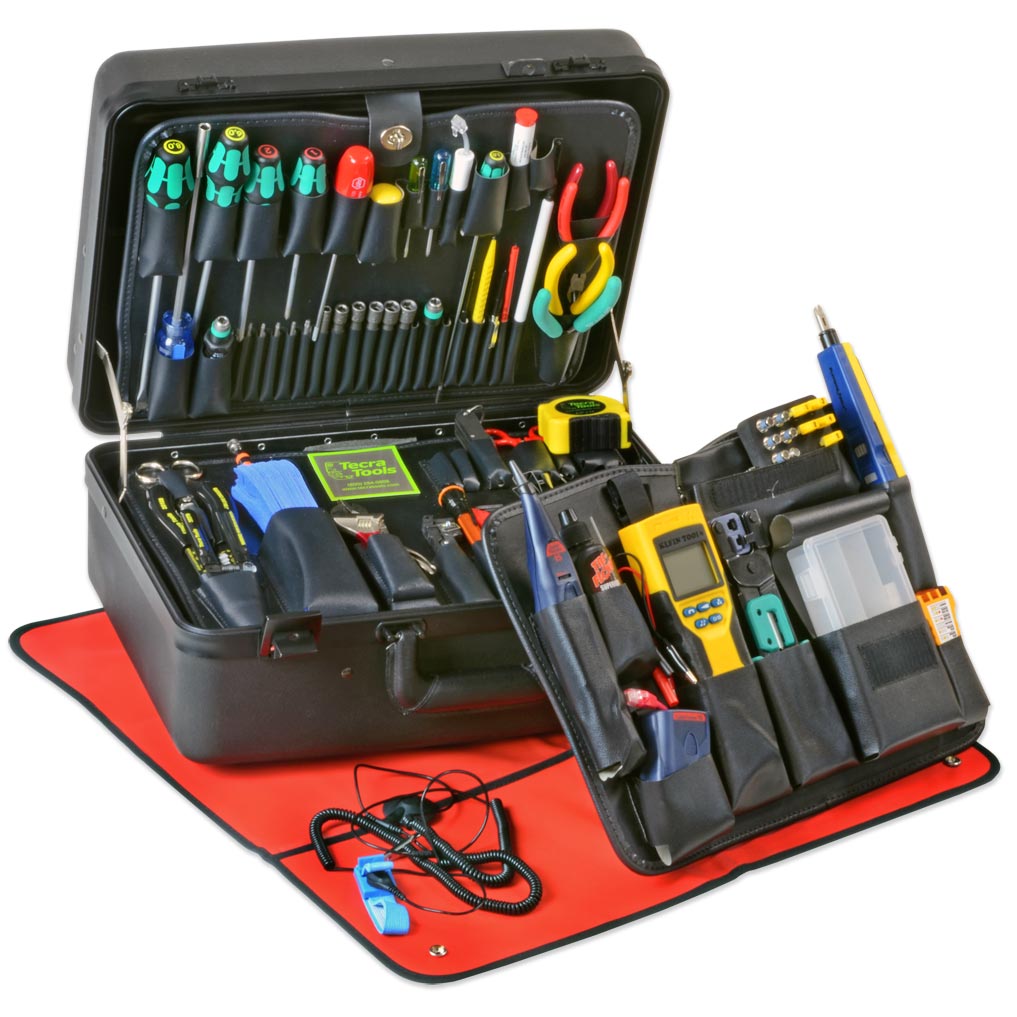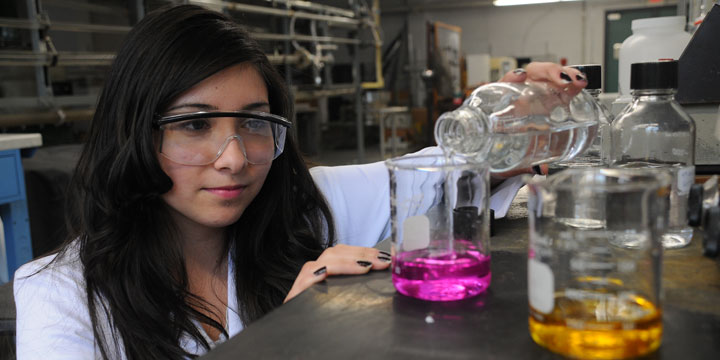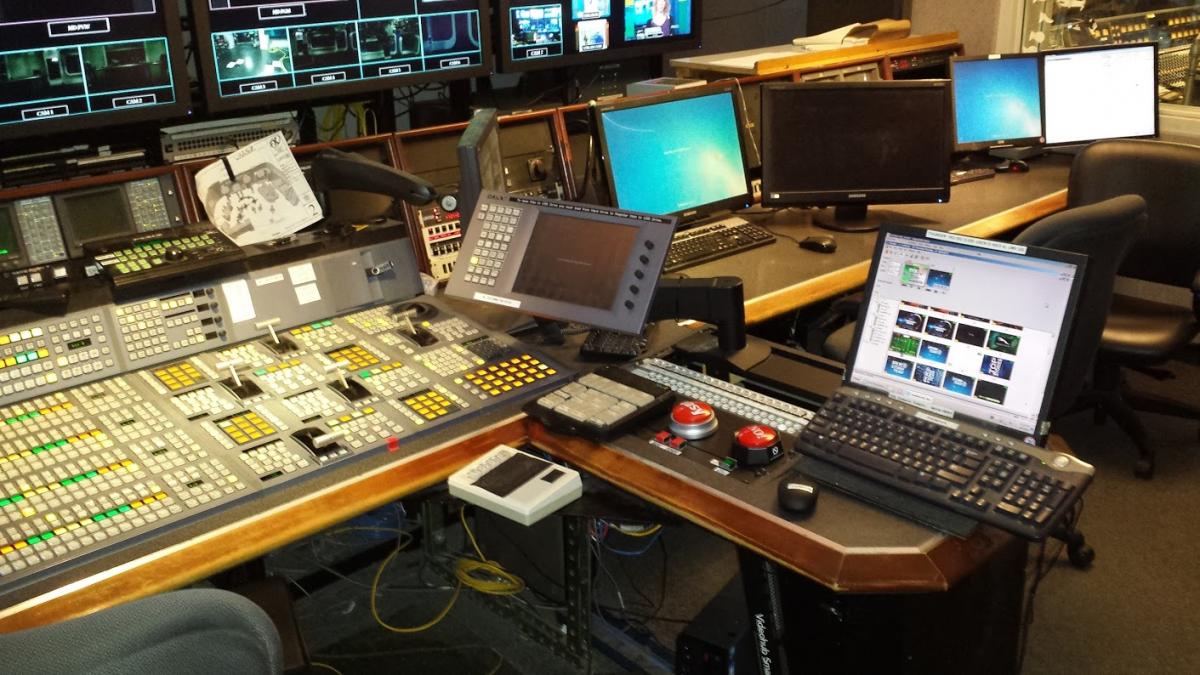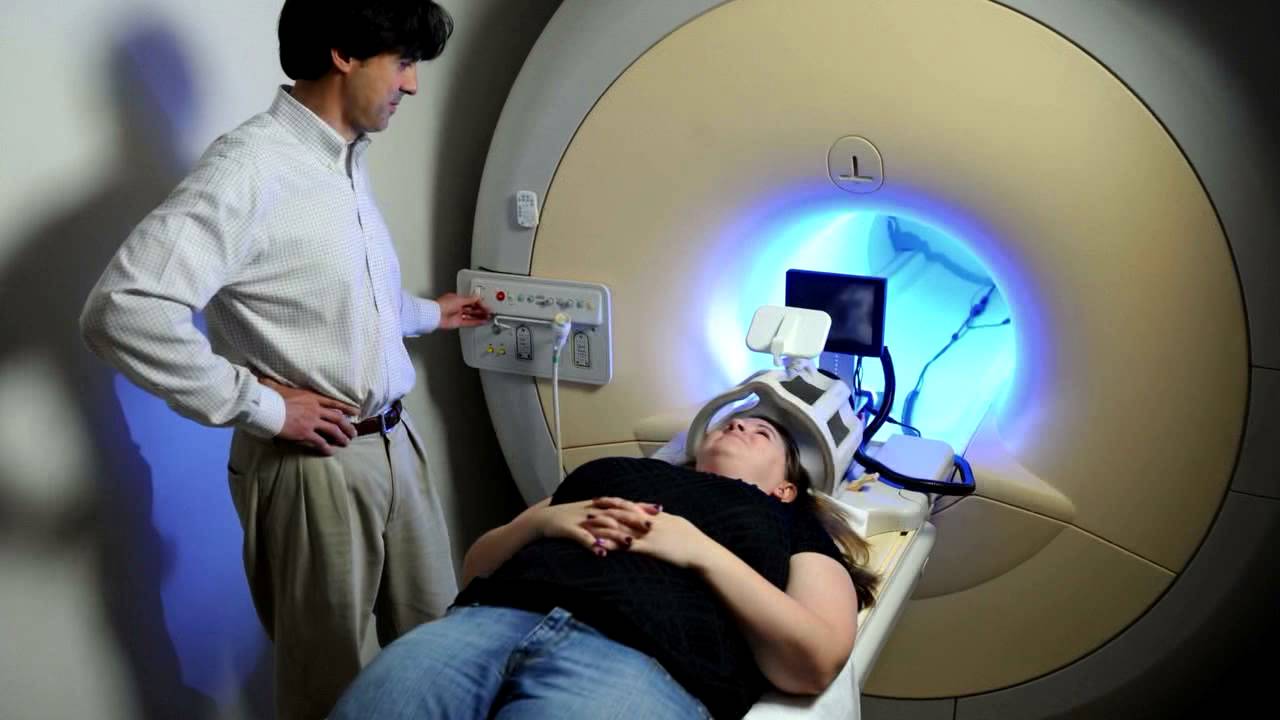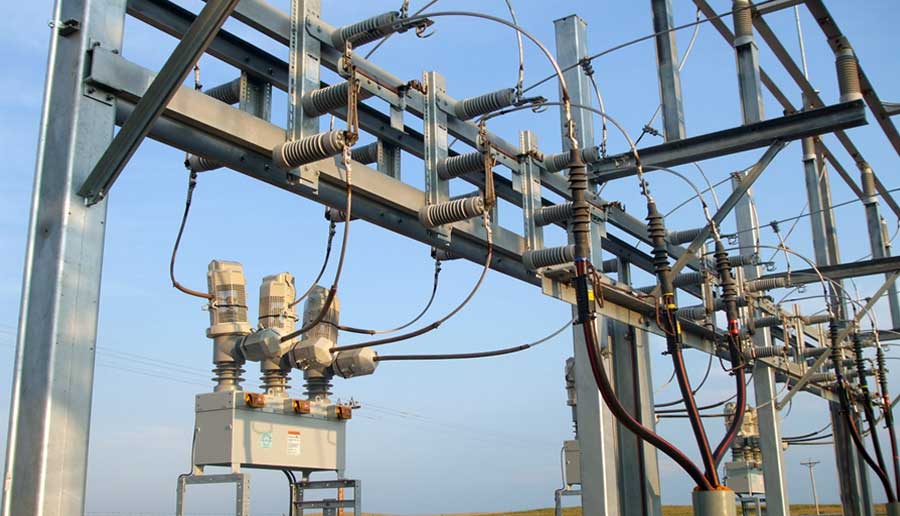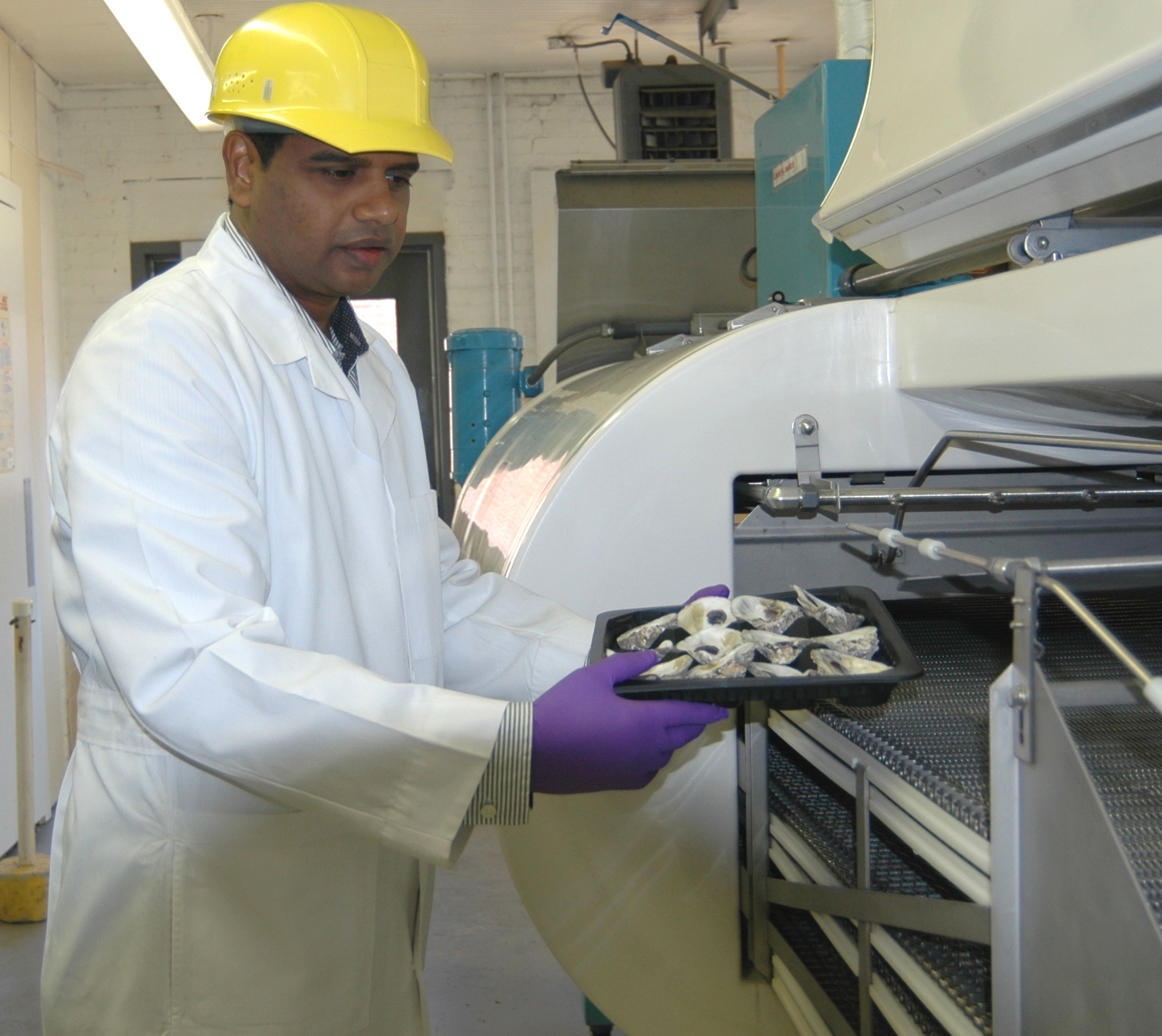Breaking News
- Flexible Remote Work Opportunity for University Students: Earn $100–$250 Per Month ...Read More
- Ministry of Education and Sports Azerbaijan Government Scholarships For 2025-2026 Academic Year ...Read More
- Government Sponsorship Undergraduate Admission Lists 2025-26 for Makerere University ...Read More
- Ministry of Education And Sports: Egyptian Government Scholarships 2025-2026 Academic Year ...Read More
- Ground Breaker Full Scholarship for girls to study Software Engineering 2025 July Intake ...Read More
- Tony Elumelu Foundation Entrepreneurship Programme (TEEP) 2025 for young African Entrepreneurs ...Read More
- DESIGNING FUTURES 2050 International Design Competition 2025 (€15,000 prize) ...Read More
- Ground Breaker Full time Scholarship for girls to study Software Engineering 2025 Intake ...Read More
- Ministry of Education And Sports Algerian Vocational Training Scholarships for 2024-2025 AY ...Read More
- Ministry of Education and Sports Advert for the Algerian Government Scholarships for 2024-2025 ...Read More
Science, Technology, Engineering and Mathematics Careers
Industrial Chemist
Industrial chemists assist chemical engineers in transforming small-scale chemical discoveries into mass-produced goods by analyzing compounds and substances to find their precise chemical or physical properties. Industrial chemists may also develop or improve products, formulas, analytical methods, and processes.
Know MoreProject Engineer
Project engineers oversee development stages for a wide range of projects and products. A project engineer's job is to apply knowledge in engineering and project management and lead a team of workers employed on a building or production project.
Know MoreService engineer
A service engineer's work entails repairing, installing or designing equipment, tools and products in various fields of technology.
Know MoreChemical engineer
Chemical engineers apply their knowledge in chemical engineering to turn raw materials and chemicals into a wide range of new products. Their main task is to develop new, more economic ways of using materials, chemical substances, and energy.
Know MoreBroadcast engineer
Broadcast engineers work in a subfield of electrical engineering that deals with radio and television broadcasting.
Know MoreBiomedical engineer
Biomedical engineers use the principles of design and engineering and they operate in the field of biology and medicine. They typically research, design, or modify medical equipment and products.
Know MoreAutomotive engineer
Automotive engineers work in a branch of vehicle engineering that deals with the design, production and operation of automobiles, trucks, buses, motorcycles, and similar ground-based vehicles.
Know MoreResearch and development manager
Product development managers investigate, design, and assess products they brainstorm for a company. These professionals coordinate all stages of product development, from initial concept art, to finalization and distribution.
Know MorePower engineer
Power engineers, or power systems engineers, work within the broader field of energy engineering and their job primarily involves designing and developing renewable, energy efficent power grids and utility systems. They research and implement ways to integrate renewable power technology and are often involved in public works projects, and employed on federal projects that involve the integration of large power grids.
Know MorePetroleum engineer
Petroleum engineers' jobs typically involve research and production of natural gas and crude oil. More specifically, their job is to apply their knowledge of oil and gas, and how these hydrocarbons behave at a high pressure, in order to estimate the recoverable volume of the hydrocarbons, and maximize the recovery of the resources from subsurface reservoirs.
Know MoreNetwork engineer
Network engineers are responsible for the day-to-day maintenance of an organization's computer networks. They oversee both the hardware and software which is essential to keeping Local Area Networks (LAN) or Wide Area Networks (WAN) running smoothly, and they analyze and troubleshoot any technical issues that may arise within the network. Network engineers are also known as network architects, as they construct a corporation's high performance computer networks using the appropriate data communications and components.
Know MoreMechanical engineer
A mechanical engineer’s job is to design efficient tools and solutions used in the development of products and processes.
Know MoreAgricultural engineer
Agricultural engineers are specialists who apply their knowledge of biology and various engineering disciplines – mainly chemical, civil, electrical and mechanical engineering – to design machinery that is used in agricultural production and processing.
Know MoreCommunications engineer
Communications engineers work within the broader field of electronic engineering and apply their knowledge of engineering principles to design solutions and advise management and other personnel on technical issues. They typically study, develop, design and maintain electronic systems and components for scientific, military, industrial or commercial use.
Know MoreFood engineer
A food engineer is a type of engineer who works only with food products. Food engineers use the latest innovative products and technologies to process, preserve, and package and improve food products.
Know MoreSystems engineer
A systems engineer's primary focus is how to design or manage an engineering project. I.e. clients’ needs during the system building process, from project definition to design implementation.
Know MoreSound engineer
Sound engineers are professionals who manage and operate recording equipment and amplification machines. They usually work at recording studios, film studios, radio and television broadcasting networks, concert venues, theatres, and similar venues. They are most frequently employed by production companies.
Know MoreSolar engineer
A solar engineer works within the broader field of electrical engineering, and he or she designs and develops solar systems that turn solar energy into electricity.
Know MoreStatistician
Develop or apply mathematical or statistical theory and methods to collect, organize, interpret, and summarize numerical data to provide usable information. May specialize in fields such as bio-statistics, agricultural statistics, business statistics, or economic statistics. Includes mathematical and survey statisticians.
Know MoreMathematician
Mathematicians use advanced mathematics to develop and understand mathematical principles, analyze data, and solve real-world problems.Mathematicians conduct research in fundamental mathematics or in application of mathematical techniques to science, management, and other fields. Solve problems in various fields using mathematical methods.
Know More


























